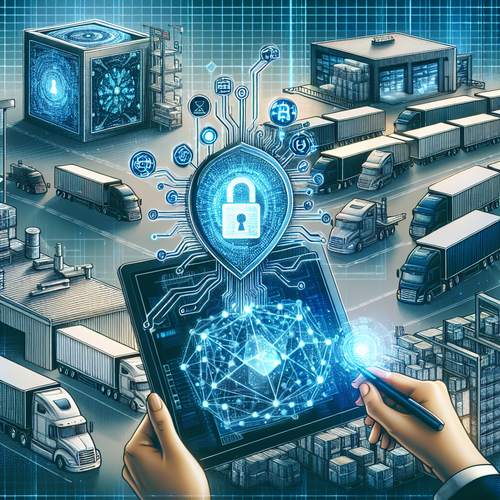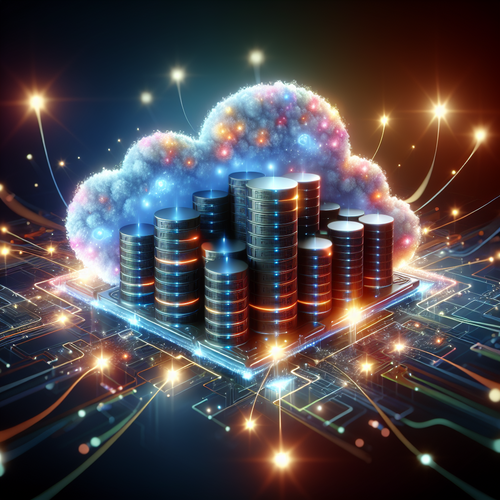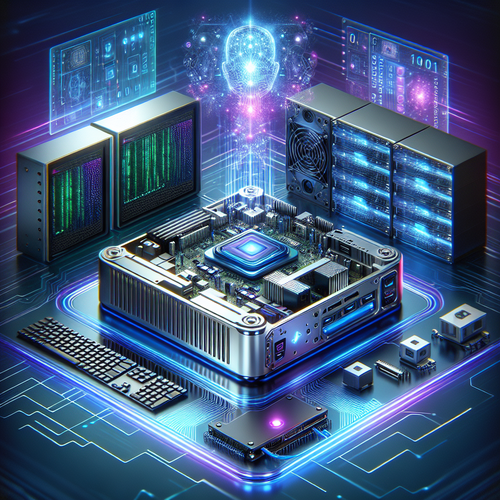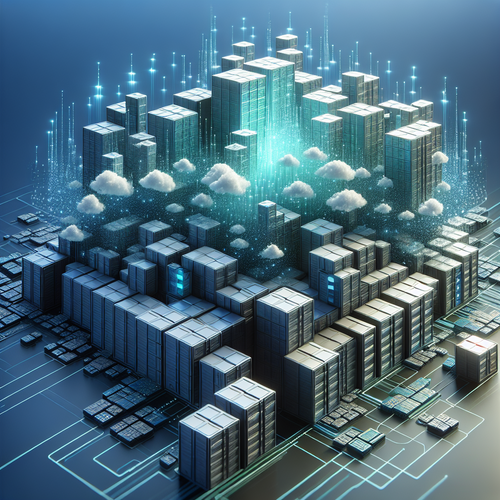
Revolutionizing Supply Chains with AI and Blockchain
Revolutionizing Supply Chains with AI and Blockchain
In today’s rapidly evolving digital landscape, businesses are constantly searching for ways to enhance their supply chain operations. The integration of artificial intelligence (AI) and blockchain technology is proving to be a game-changer in this field. This article explores how these two technologies are revolutionizing supply chains, enhancing transparency, efficiency, and security.
Understanding the Technologies
Artificial Intelligence refers to the simulation of human intelligence in machines, enabling them to perform tasks such as learning, reasoning, and problem-solving. In the context of supply chains, AI can analyze data and predict outcomes, thereby optimizing logistics and decision-making.
Blockchain, on the other hand, is a decentralized digital ledger that records transactions across many computers, ensuring that the registered information cannot be altered retroactively. This technology is crucial for maintaining the integrity and transparency of supply chain processes.
The Benefits of Combining AI and Blockchain
- Increased Transparency: Blockchain technology provides an unalterable record of transactions, allowing stakeholders to track the movement of goods in real time.
- Enhanced Efficiency: AI algorithms can analyze vast amounts of data to identify inefficiencies in the supply chain, enabling proactive solutions.
- Improved Security: The decentralized nature of blockchain makes it difficult for any single entity to manipulate data, reducing the risk of fraud.
- Better Demand Forecasting: AI can analyze historical data trends to predict customer demand, allowing for better inventory management.
Real-World Applications
Companies are already leveraging AI and blockchain to enhance their supply chains. For example:
- Walmart: Utilizes blockchain to track the journey of food products from farm to store shelves, ensuring quality and safety.
- Maersk: Partners with IBM to use blockchain for tracking shipping containers, improving efficiency and reducing paperwork.
- Siemens: Employs AI to optimize its supply chain logistics, predicting potential disruptions and suggesting alternatives.
Challenges and Considerations
While the integration of AI and blockchain presents numerous benefits, there are challenges to consider:
- Implementation Costs: Integrating new technologies can require significant investment.
- Data Privacy: Ensuring the protection of sensitive information is crucial when implementing these technologies.
- Standardization: Lack of industry-wide standards can complicate the integration of these technologies across different systems.
Conclusion
The combination of AI and blockchain has the potential to reshape supply chain management in unprecedented ways. As these technologies continue to evolve, businesses must stay informed and adapt to leverage these advancements. For further insight into groundbreaking technologies, read our post on Blockchain Technology in Supply Chain Management.
By embracing these innovations, companies can enhance their operational effectiveness, meet consumer demands more efficiently, and ensure a more secure supply chain.













